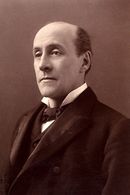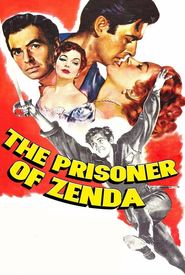Anthony Hope Hawkins, a renowned British novelist and playwright, was born in London to a family of modest means. His father, the headmaster of the St. Johns Foundation School for the Sons of Poor Clergy, instilled in Anthony a strong sense of discipline and education. Anthony's academic prowess earned him a place at Marlborough School and later at Baliol College, Oxford, where he graduated with honors in 1885. He went on to study law, obtaining his M.A. and being admitted to the bar in 1887. Despite setting up his own practice, Anthony struggled to attract clients, and he spent his free time honing his writing skills.
Determined to succeed, Anthony published his first novel independently when he couldn't find a traditional publisher. Miraculously, the novel became a hit, coinciding with the growth of his law practice. As his writing career took off, Anthony was forced to choose between his two passions, ultimately deciding to dedicate himself to writing.
The year 1894 marked a significant milestone in Anthony's career, as he published not one, but two successful novels. "The Dolly Dialogues" garnered moderate success, but it was his second novel, "The Prisoner of Zenda", that cemented his reputation as a master storyteller. This classic tale of intrigue, romance, and power struggles at the royal court of a small European principality has been adapted into numerous film and television productions, earning its place as the quintessential "Ruritanian" novel.
Anthony's subsequent novel, "Rupert of Hentzau", released in 1898, further solidified his reputation as a writer of compelling characters and gripping plots. In 1897, Anthony embarked on his first US tour, which would become a recurring theme throughout his life. During one of these trips, he met Elizabeth Somerville Sheldon, an American woman who would become his wife in 1903. Together, they had three children, and Anthony continued to write prolifically, producing numerous novels and plays.
In 1918, Anthony was knighted for his contributions to literature, and he went on to purchase a country estate in Surrey, where he spent the remainder of his life. Anthony Hope Hawkins passed away in 1933 at the age of 70, leaving behind a legacy of beloved stories that continue to captivate readers to this day.

























